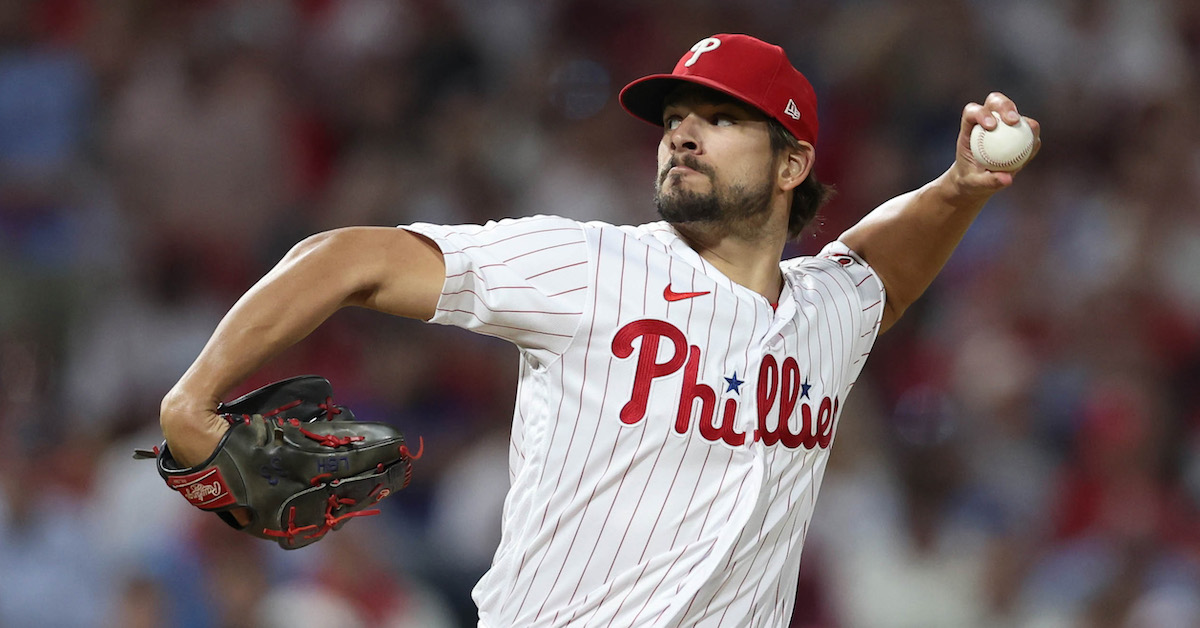Effectively Wild Episode 1977: Season Preview Series: Blue Jays and Royals

Ben Lindbergh and Meg Rowley banter about catcher Grayson Greiner’s height, Shohei Ohtani’s titanic homers, tight t-shirt, and pepper-grinding in WBC exhibitions, and a few preview-related trivia questions, then continue their 2023 season preview series by discussing the Toronto Blue Jays (15:02) with Kaitlyn McGrath of The Athletic, and the Kansas City Royals (55:25) with Anne Rogers of MLB.com, plus a Past Blast from 1977 (1:23:45) and trivia answers (1:32:46).
Audio intro: Yo La Tengo, “Shades of Blue”
Audio interstitial: The Joy Formidable, “Into the Blue”
Audio outro: Don Gibson, “Blue, Blue Day”
Link to tall-catchers EW episode
Link to Sam’s Substack
Link to first Ohtani dinger
Link to longer dinger video
Link to second Ohtani dinger
Link to side view of first swing
Link to side-by-side swings
Link to Japan News on homers
Link to MLB.com on the homer
Link to 2022 pepper-grinder story
Link to Nootbaar WBC story
Link to other Nootbaar story
Link to Ohtani’s tight t-shirt
Link to “Shoebae” account
Link to FanGraphs playoff odds
Link to FG payroll breakdown
Link to Blue Jays offseason tracker
Link to Blue Jays depth chart
Link to Kaitlyn’s spring preview
Link to Kaitlyn on the OF dimensions
Link to Travis on the OF dimensions
Link to Statcast park factors
Link to Kaitlyn’s author archive
Link to Royals offseason tracker
Link to Royals depth chart
Link to 2022 rookie PA by team
Link to profile of Quatraro
Link to story on throwing strikes
Link to Anne on “Raid the Zone”
Link to Anne on Royals pitchers
Link to story on KC ballpark sites
Link to 1977 article source
Link to Five Seasons on Goodreads
Link to David Lewis’s Twitter
Link to David Lewis’s Substack
Link to Ryan Nelson’s Twitter
Link to Ward on pitch-calling
Link to Richard Hershberger’s book
![]() Sponsor Us on Patreon
Sponsor Us on Patreon
![]() Facebook Group
Facebook Group
![]() Twitter Account
Twitter Account
![]() EW Subreddit
EW Subreddit
![]() Effectively Wild Wiki
Effectively Wild Wiki
![]() iTunes Feed (Please rate and review us!)
iTunes Feed (Please rate and review us!)
![]() Get Our Merch!
Get Our Merch!
![]() Email Us: podcast@fangraphs.com
Email Us: podcast@fangraphs.com
Podcast (effectively-wild): Play in new window | Download
Subscribe: RSS








